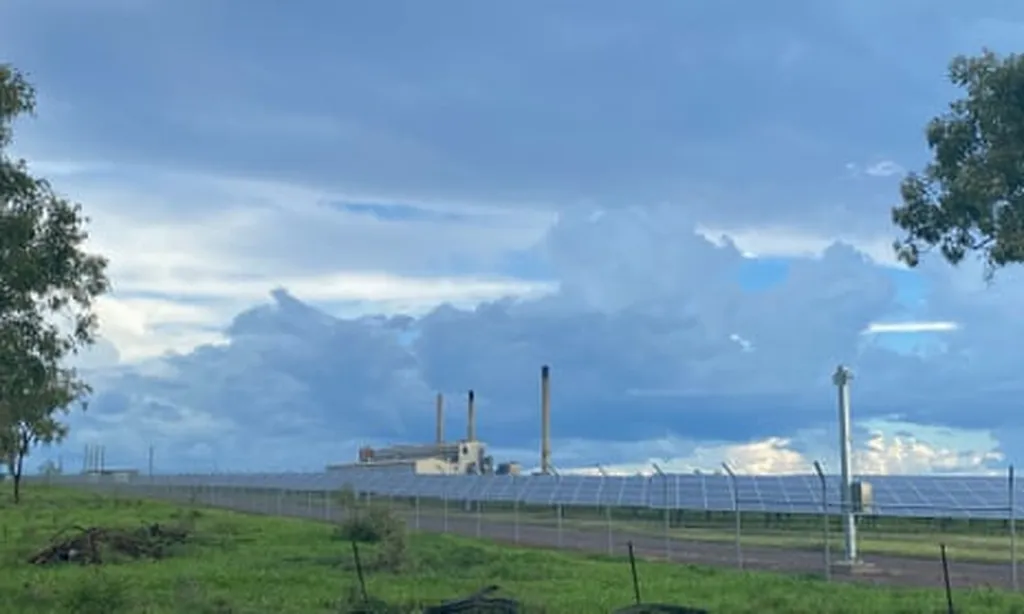The recent conference in Kabul, “Attracting Investment & Supporting Afghanistan’s Power Sector,” has set the stage for significant shifts in the regional energy landscape. With a focus on investment opportunities, regional connectivity, and sustainable development, the event has sparked a wave of optimism and practical commitments that could reshape the power sector in Afghanistan and beyond.
The conference saw the signing of several electricity purchase contracts and cooperation agreements, including a notable 284 MW electricity generation contract between Da Afghanistan Breshna Sherkat (DABS) and domestic and foreign investors. Additionally, projects previously agreed with Uzbekistan, involving a $250 million investment, were kicked off. These agreements highlight a growing confidence in Afghanistan’s potential as a regional energy hub.
Deputy Prime Minister for Economic Affairs Mullah Abdul Ghani Baradar emphasized Afghanistan’s vast capacity for large, medium, and small-scale investments, particularly in hydro, wind, and solar energy. The effective utilization of these resources could not only make Afghanistan self-sufficient in electricity but also position it as an energy exporter. This vision aligns with the broader regional goals of enhancing electricity connectivity and fostering economic cooperation.
The conference also underscored the importance of public-private partnerships and multilateral cooperation. DABS Chief Executive Officer Dr. Abdul Bari Omar highlighted the need for exchanging technical expertise and identifying challenges to find sustainable solutions. The focus on climate resilience and the potential for Afghanistan to serve as a bridge between Central and South Asia adds a strategic dimension to these efforts.
The participation of energy ministers from Uzbekistan and Turkmenistan, along with representatives from international organizations like the World Bank and the Asian Development Bank, signals a collective commitment to supporting Afghanistan’s power sector. Uzbekistan’s Energy Minister Mirzamahmudov Jurabek and Turkmenistan’s Energy Minister Annageldi Saparov both expressed their countries’ readiness to cooperate, reinforcing the regional dimension of these initiatives.
The implications for the energy market are profound. Enhanced regional connectivity could lead to more stable and diversified energy supplies, reducing reliance on single sources and improving energy security. The focus on renewable energy projects aligns with global trends towards sustainability and could attract significant foreign investment. Moreover, the emphasis on job creation and engaging young people in productive work addresses critical socio-economic challenges, potentially fostering long-term stability and growth.
However, challenges remain. The conference highlighted the need for sustained engagement and technical knowledge sharing to overcome obstacles in the power sector. The political and security situation in Afghanistan will also play a crucial role in determining the success of these initiatives. The international community’s support and the Islamic Emirate’s ability to implement balanced policies will be key factors in attracting and retaining investment.
In conclusion, the Kabul conference has set a promising trajectory for Afghanistan’s power sector, with the potential to transform the regional energy landscape. The commitments made and the collaborations forged could pave the way for a more interconnected, sustainable, and resilient energy future. The coming months and years will be critical in translating these ambitions into tangible outcomes, shaping the development of the sector and the broader economic prospects of the region.

